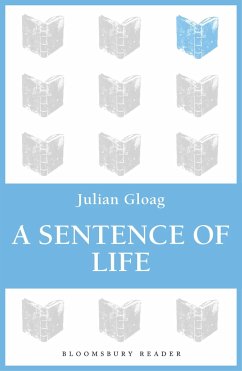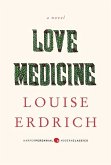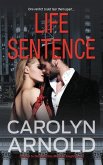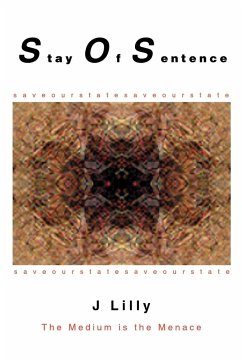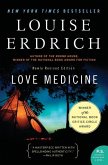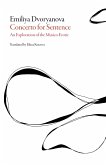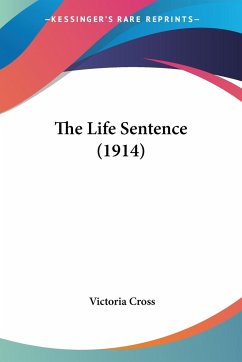First published in 1967, this is a tale of Jordan Maddox who has so disciplined his own emotions that he has, in reality, little contact with life: indifferent, he no longer responds to the signs of love-even of desperation- from those who are close to him. Suddenly he finds himself accused of murder. At first he reacts calmly. It seems to him an absurd, almost an amusing, mistake. To his Wife, his friends, his very lack of passion is proof of his innocence. But to the police, Maddox is the guilty man. At their hands he is relentlessly stripped of his invulnerability. Imprisoned, alone, ignoring the insistent demands of his own defense, he sets out to find his way back to life. In the memories of his childhood and in the act of death and violence of which he stands accused, Maddox submits himself to a far more crucial, far more agonizing trial than the one in which he appears every day as the defendant. For his real trial is that of a man attempting, for the first time, perhaps too late, to accept the responsibilities of living.
Hinweis: Dieser Artikel kann nur an eine deutsche Lieferadresse ausgeliefert werden.
Hinweis: Dieser Artikel kann nur an eine deutsche Lieferadresse ausgeliefert werden.

